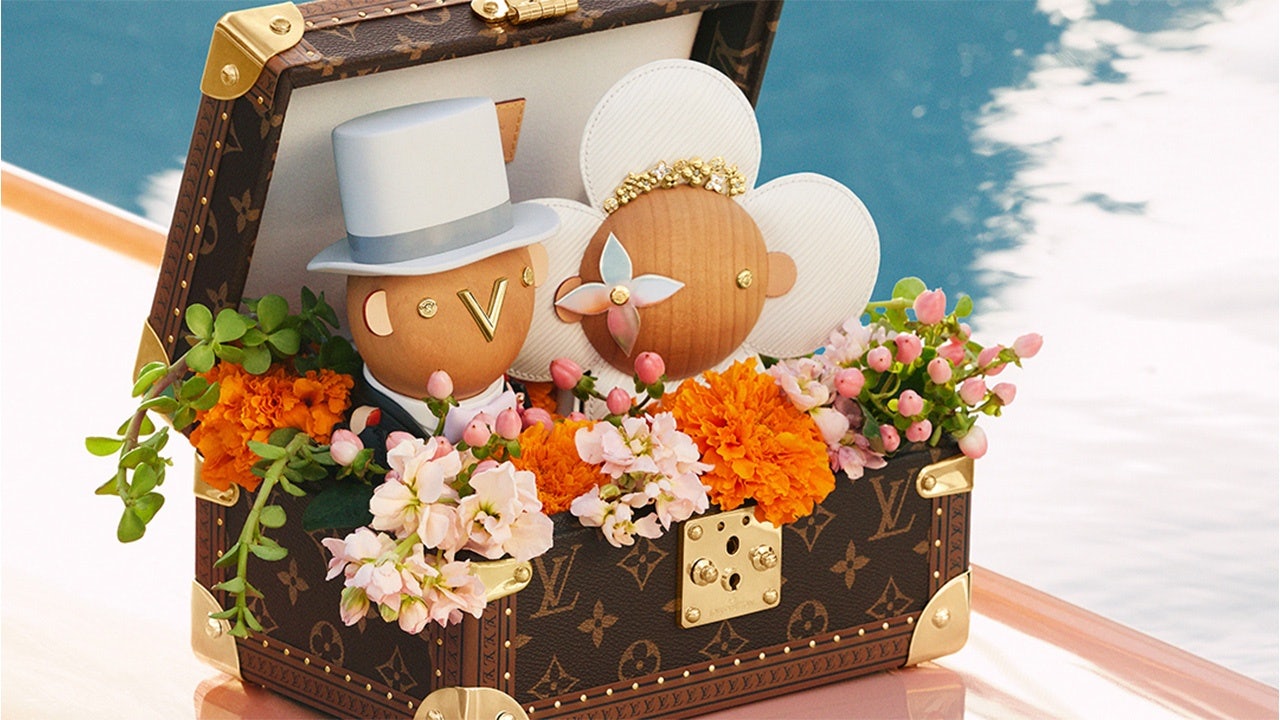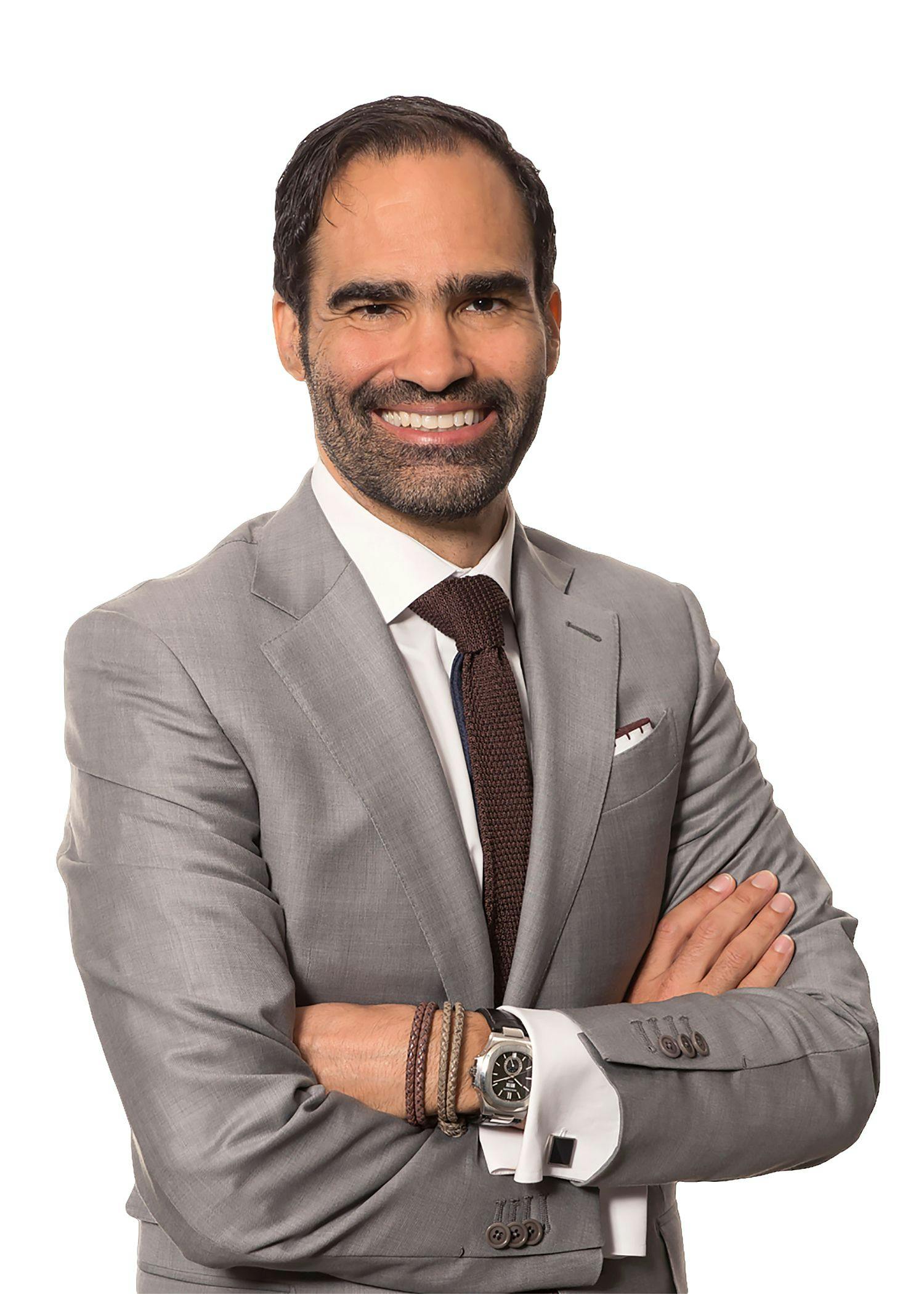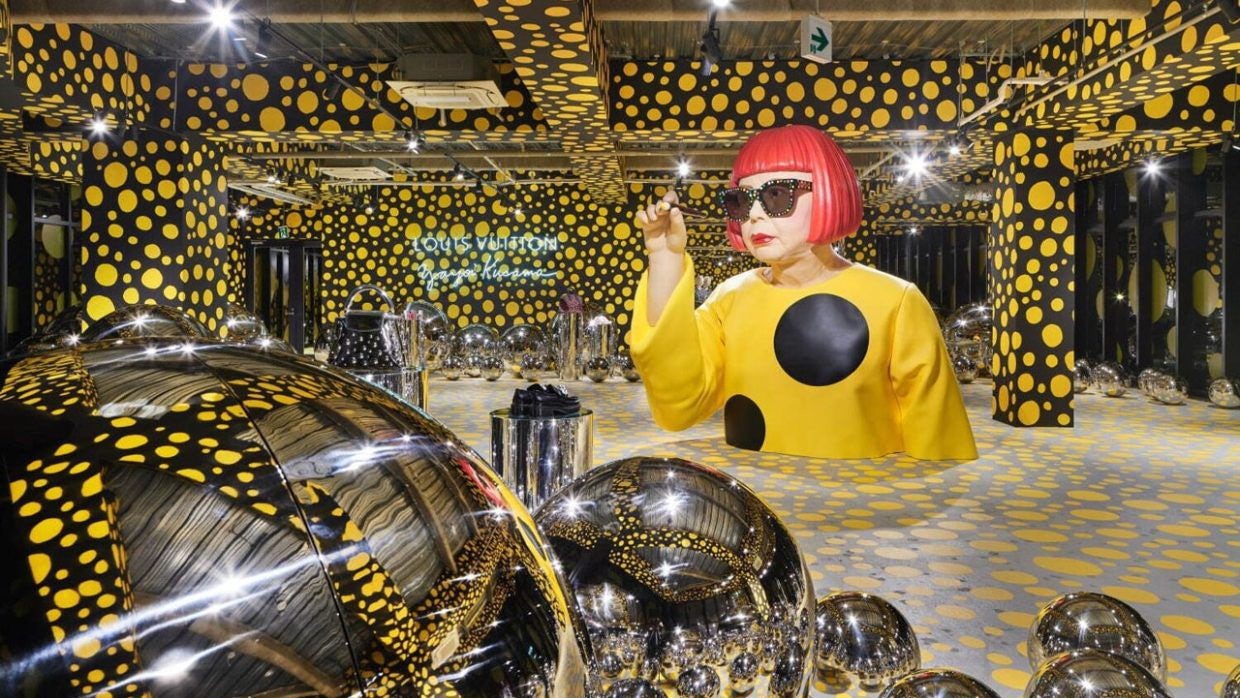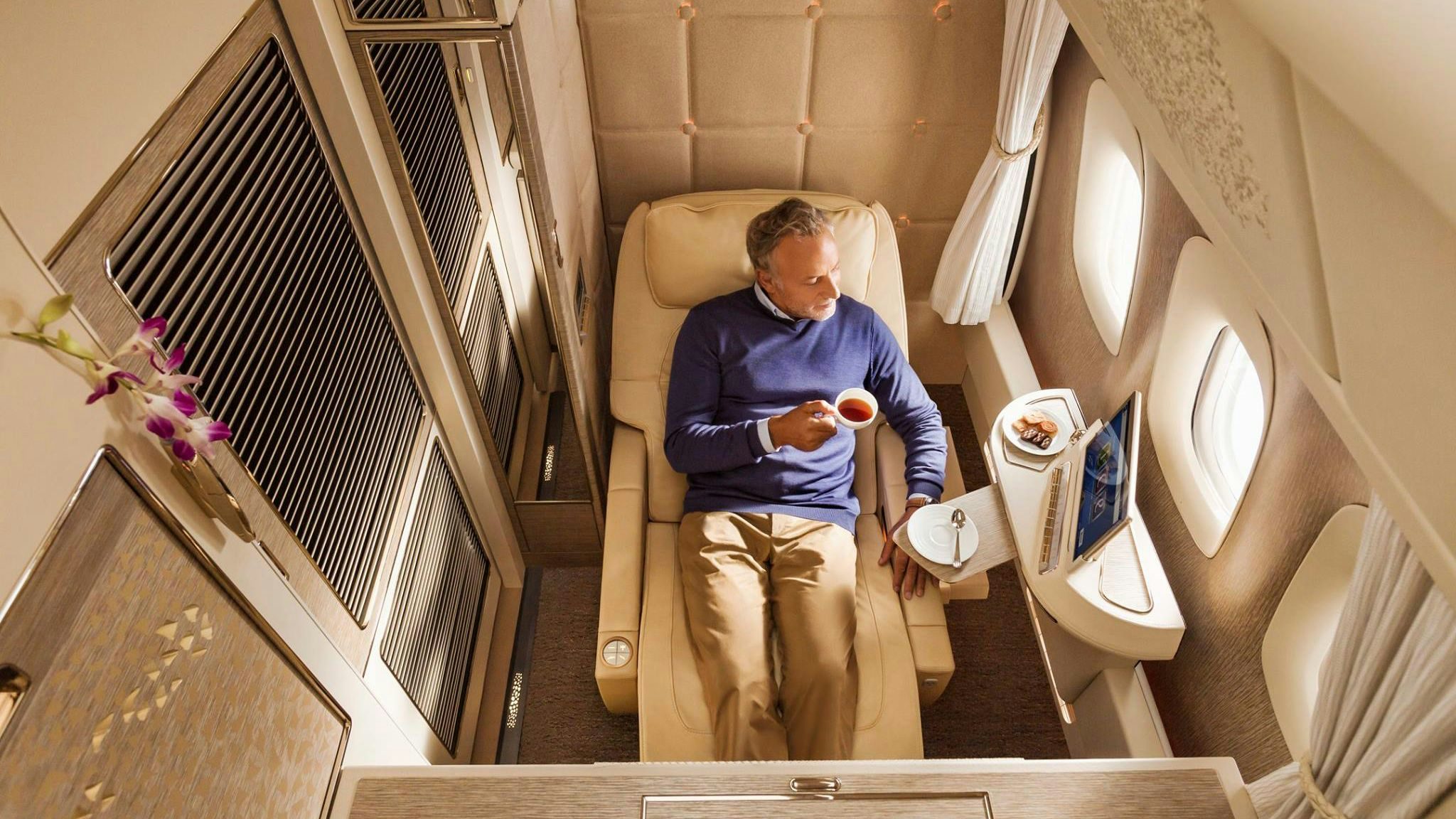LVMH once again posted record financial results, in part driven by the group’s ability to create substantial desirability and thus increase prices. Similarly, Rolex, Chanel, Hermès, Rolls-Royce, Lamborghini, and Ferrari have been able to substantially increase prices, and not discount at all.
The result is strong growth fueled by clients’ trust in the brands — particularly in their products’ investability. By contrast, Tesla and Peloton are among many brands that have been cutting prices, spooking consumers and investors alike.
Decreasing prices and engaging in frequent promotions is one of the fastest ways to destroy brand equity. Discounting in the premium and luxury sector is a growth trap. It may stimulate sales, but the effect is often short-lived and significantly dents trust in a brand.
Brands’ ability to raise prices in the luxury sector is a critical factor for expansion. The success of LVMH’s top brands is the result of a focus on brand equity building, brand storytelling and the precise execution of brand experiences.
Costs a fortune#
Behind the scenes, top managers of luxury brands say pricing is one of their main headaches.
That’s because traditional branding doesn’t work as effectively as it once did. The focus of branding and storytelling at the point of sales is still in many cases too focused on claiming superiority. But as most brands position themselves as the best, convincing clients on quality is not as successful as it once was.
Very often, brand storytelling is inwardly focused on quality markers. Instead of communicating what a specific brand does, brands should rather communicate what their role is in consumers’ lives. Only when clients understand how they will feel differently through the ethos of the brand will they be willing to consider it and, importantly, pay a premium.
Without changing their story, without being able to give their clients clarity on what their specific value creation model is, brands will not be able to increase prices.
Take beauty brands, for example. In today’s world, it’s not enough to have beautiful packaging and a great formula. That’s expected. It’s priced in. It’s nothing special.
This is what many brands forget. They overestimate their influence on clients’ decisions and believe that consumers spend a lot of time analyzing purchase options.
With algorithms dictating which brands consumers see in their social media feed, the only way brands can reach people and boost their desirability is to create content that resonates with the target audience. To do that, brand storytelling must clarify the emotion the brand intends to elicit in potential clients. This approach better enables brands to differentiate themselves.
Luxury brands create their value through their stories. In other words, the story — not the product — is the point. When a story is indistinguishable from other brand narratives, there’s no opportunity to price differently.
Yet, many brands make the mistake of conflating high prices with the perception of luxury. Extreme value creation must precede price, not vice versa.
The world’s most successful luxury brands are able to extend their lead versus their peers. They focus on excellent storytelling and how they convey their narrative. They explain their desirability, their cultural influence, and their success.
Brands that focus their storytelling on traditional values will have little chance of engaging digitally with their audiences. Given that 95 percent of purchase decisions for premium and luxury brands are determined during consumers’ digital journeys, according to Équité Research, these brands are in danger of falling behind.
Brands that have an emotional story to tell and clarify their roles in their clients’ lives have more options to increase prices because they create extreme value. Brands that focus too much on what clients expect, don’t have as many options, and endanger their future.
This is an opinion piece where all views expressed belong to the author.
Named one of the “Global Top Five Luxury Key Opinion Leaders to Watch,” Daniel Langer is the CEO of the luxury, lifestyle and consumer brand strategy firm Équité, and the executive professor of luxury strategy and pricing at Pepperdine University in Malibu, California. He consults many of the leading luxury brands in the world, is the author of several best-selling luxury management books, a global keynote speaker, and holds luxury masterclasses on the future of luxury, disruption, and the luxury metaverse in Europe, the USA, and Asia.
Follow him: LinkedIn: https://www.linkedin.com/in/drlanger, Instagram: @equitebrands /@thedaniellanger



